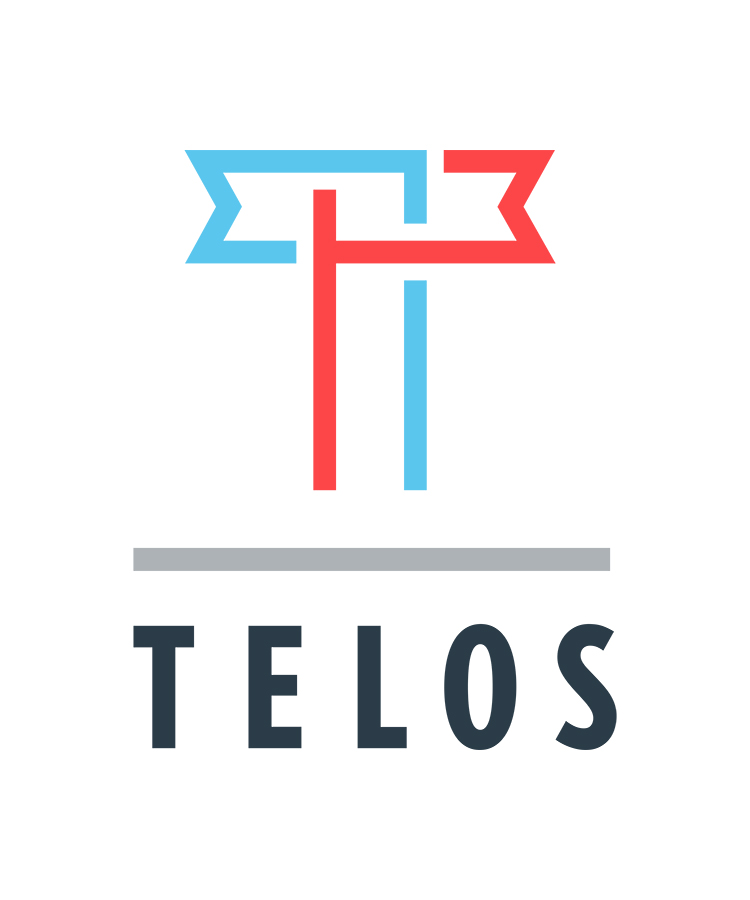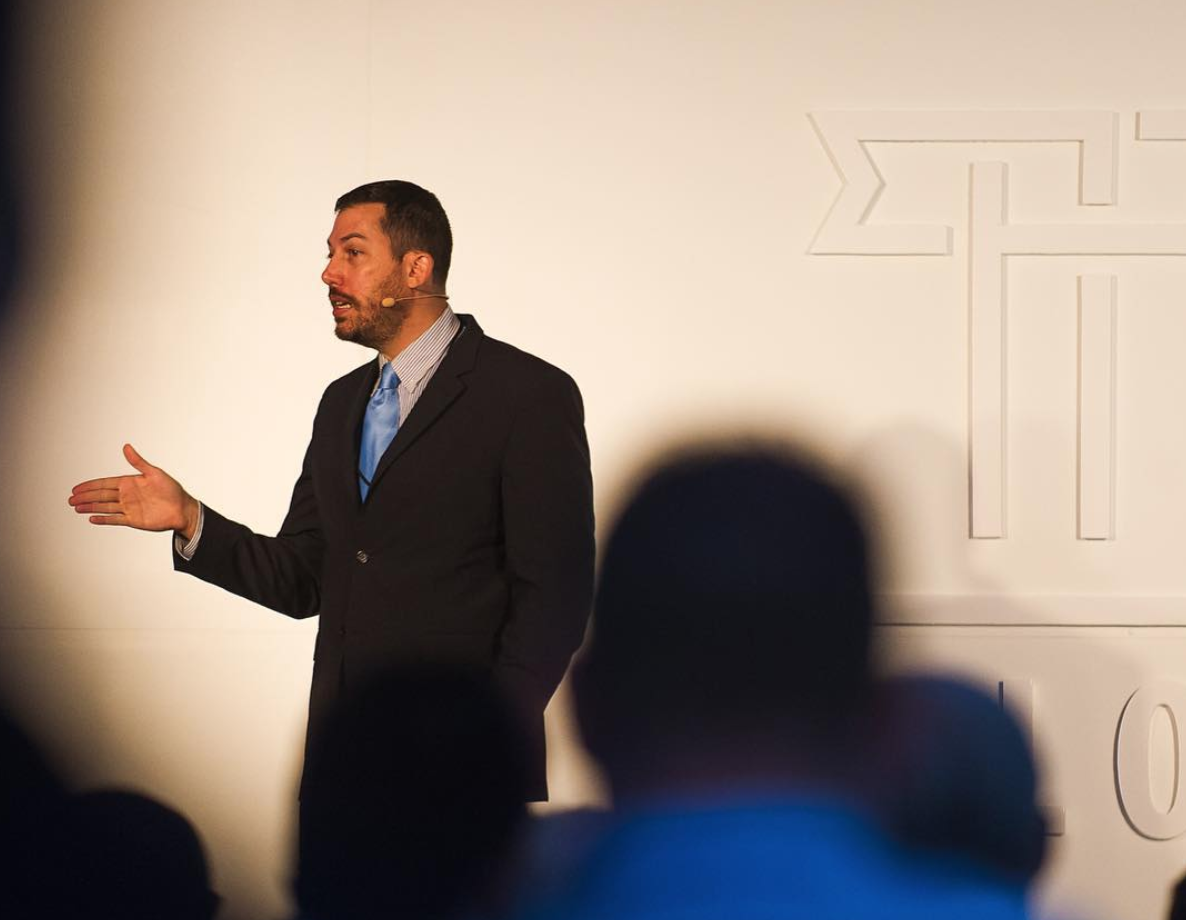An Appeal for Collective Action
By Greg Khalil
Friends:
I write to ask for your help during a very difficult time.
Jerusalem speaks with many voices, not just one.
After President Trump’s declaration on Jerusalem, we pro/pro/pro advocates must raise our voices for all of Jerusalem’s inhabitants.
Jerusalem claims a unique place in Jewish history. One day soon it should and will be embraced by the entire world as Israel’s capital, and we look forward to that day.
Yet Jerusalem also claims unique significance in the Christian and Muslim stories. If it is to be an Israeli capital, it should also be a Palestinian one.
Nearly forty per cent of Jerusalem’s residents are indigenous Palestinian Muslims and Christians. Many of them struggle daily against harsh Israeli policies. Some struggle to simply remain in their homes and the city of their forefathers.
By offering a one-sided recognition of the Israeli claim to Jerusalem before addressing both the untenable reality facing East Jerusalemites and the larger geopolitical conflict, President Trump unnecessarily risks imperiling the lives and livelihoods of many friends throughout the region. And he is likely making diplomacy—the only way to secure a bright future for all Palestinians and Israelis—all the more difficult.
Please click here for more resources we’ve developed and compiled for you about recent Jerusalem developments.
President Trump may legitimately believe that he is sparking a bold initiative to finally achieve “the ultimate deal” he seeks. And perhaps there is a slim chance that he may prove right.
But I’d like you to pay special attention to something else he said, which whatever the rationale and whatever happens as a result of this decision, relates directly to you and me.
In his speech, he clearly stated one of the reasons for this high-risk gambit: To fulfill a campaign promise.
That’s right, he is doing this, at least in part, to keep his word to his constituents.
Here’s where we come in: many of these constituents come from our communities—our houses of worship, our business partners, our neighbors.
What if many of these constituents rose up with a different voice? A voice that says we must value Palestinian life equally? A voice that called for an end to occupation? A voice radically focused on the mutual flourishing of both Israelis and Palestinians? A voice that models Pro/Pro/Pro?
We may be too small and too few to have impact today. But we actually have the opportunity to positively engage our friends, neighbors, business partners and political leaders while they are paying attention.
Let me take a small step back.
Over the last few years we have cast a broad and ambitious goal for the pro/pro/pro movement.
We know we can’t shift our culture and our politics to value both Israelis and Palestinians equally unless we scale the pro/pro/pro movement from just a few communities around the country to many. Then we will be able together to make sure our voices are heard—and hold our leaders accountable. We’re aiming to grow to a national movement over the next five years.
Today we cannot have significant impact on the systemic political dynamics that make embracing pro/pro/pro policies a winning political ploy for the President.
But we can commit to building pro/pro/pro—urgently and tangibly. And we must.
Little may come out of yesterday’s pronouncement. Yet a volatile situation has become even more volatile. And we know there will be many days when that strong, principled, broad, bipartisan and relevant pro/pro/pro voice will be all the more necessary.
In modern times, Jerusalem has become synonymous with intractable conflict. Yet Jerusalem could once again shine a hopeful model unto the world: A beacon of multi-faith, multi-cultural coexistence, as it has in so many periods of its history.
But this can only happen if good people of good will come together—across faith and political and ethnic divides—and conspire for the common good.
As you have done and as you are doing.
So what can I do, you might ask?
I have 5 asks of you:
- Keep your eye on the prize: In other words, keep perspective. The first abolitionists knew that there was little to no chance that they would see an end to slavery in their lifetimes. But had they not put their egos aside and begun acting and speaking in hopeful, subversive ways, the anti-slavery movement would not have grown. Movements take time to grow. Sometimes generations. We don’t need another hero or savior. We need good people of good will who are willing to do the right thing. So stay focused on the goal: Getting America, a key influencer in this conflict, to support security, dignity and freedom for all Palestinians and Israelis.
- Share your experience with friends and family. Tell of your time in Jerusalem and of the inspiring and difficult realities you encountered there. Speak to Jerusalem’s potential as a beautiful model for multi-faith, multi-ethnic cooperation. Consult our Share Your Story Guide for advice on how to do this. Friends, conversations around the dinner table or over the holidays might be uncomfortable. But they are necessary. I know we so often want to avoid discomfort. But the world is heading into dangerous times. We can stay silent and unengaged; or we can find a deep and sturdy courage to actually dive more deeply into relationship with those we love. The future will be uncomfortable no matter what. We must together dive more deeply into the practices of peacemaking so that we can help form communities of peacemakers. Invite your skeptical friends and family on a trip with Telos. Or just open a conversation in which you model pro/pro/pro. Ask questions and listen more than you tell. But remind your loved ones: know that there is much more to the story than they may have heard. Click here for our guide to help you navigate these tricky—but necessary—conversations.
- Engage your community and political leaders: Invite your church, synagogue, mosque, or school on a learning trip to the region. Host a speaker or a film. Email [email protected] for suggestions. Go and ask your representative or their staff, who are home for winter recess, what they’re doing to protect all residents of Jerusalem. Share your story with them and let them know, lovingly, that there is a growing community of vocal peacemakers committed to a pro/pro/pro peacemaking generally and an equitable resolution to this conflict.
- Remember your Palestinian and Israeli friends: Send a note and/or a donation. They need to know that you’re working to change the conversation here so we stop acting so irresponsibly over there. And they need our support. Consider organizations that are seeking to help Jerusalem sing in all its voices, groups like Terrestrial Jerusalem, Musalaha and so many others. To that end, consider giving to Telos to help us build the pro/pro/pro community in the U.S., so that domestic politics no longer leads to such dangerous decisions as we saw yesterday.
- In addition to the above, if you are so inclined, pray for the peace of Jerusalem. Pray for all its residents and all who claim equities there, pray for its leaders, pray for all those around the world who have influence over it. Pray for healing and reconciliation.
We don’t know what lies ahead in the coming weeks and months. We hope and pray that many of the more dire predictions of violence and unrest will not come to pass.
Yet we know with certainty that there is no good future for our friends there unless those of us here, with voice and agency, in our churches and districts, help recruit thousands more to the pro/pro/pro movement.
In the future, our leaders will need to know that pro/pro/pro will hold them to account.
We can do this together. Slowly but surely.
We know in these early stages you will face pushback as you have difficult conversations. Yet now is not the time to be silent.
As we push forward, together, the radical and simple truth that we are all created equal—including Israelis and Palestinians—means that something stronger will take root.
One day a sturdy and vibrant peace will come.
Sincerely,
Greg

